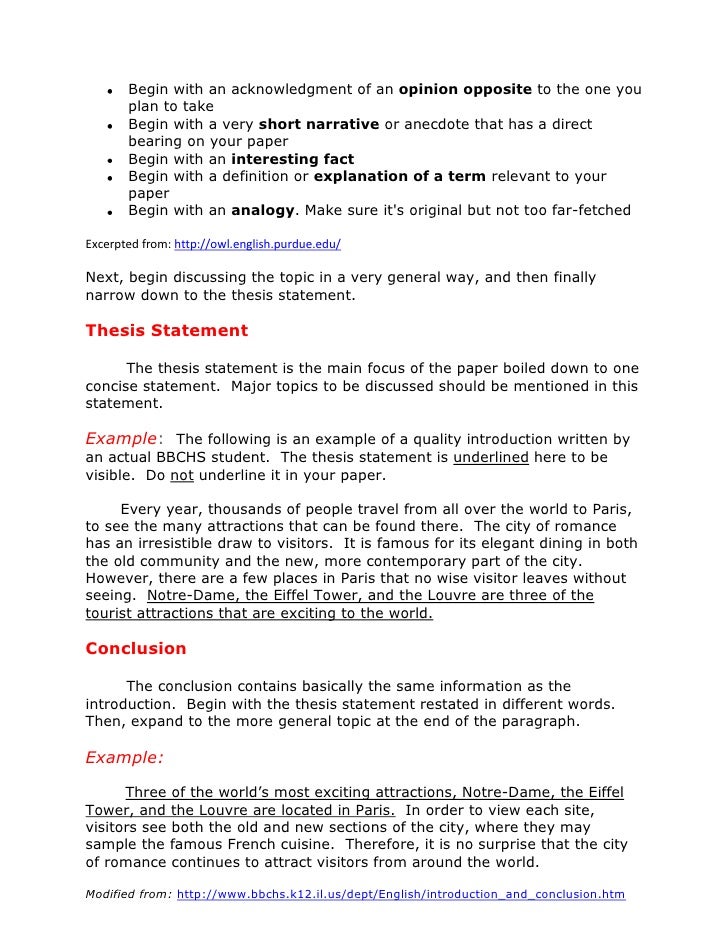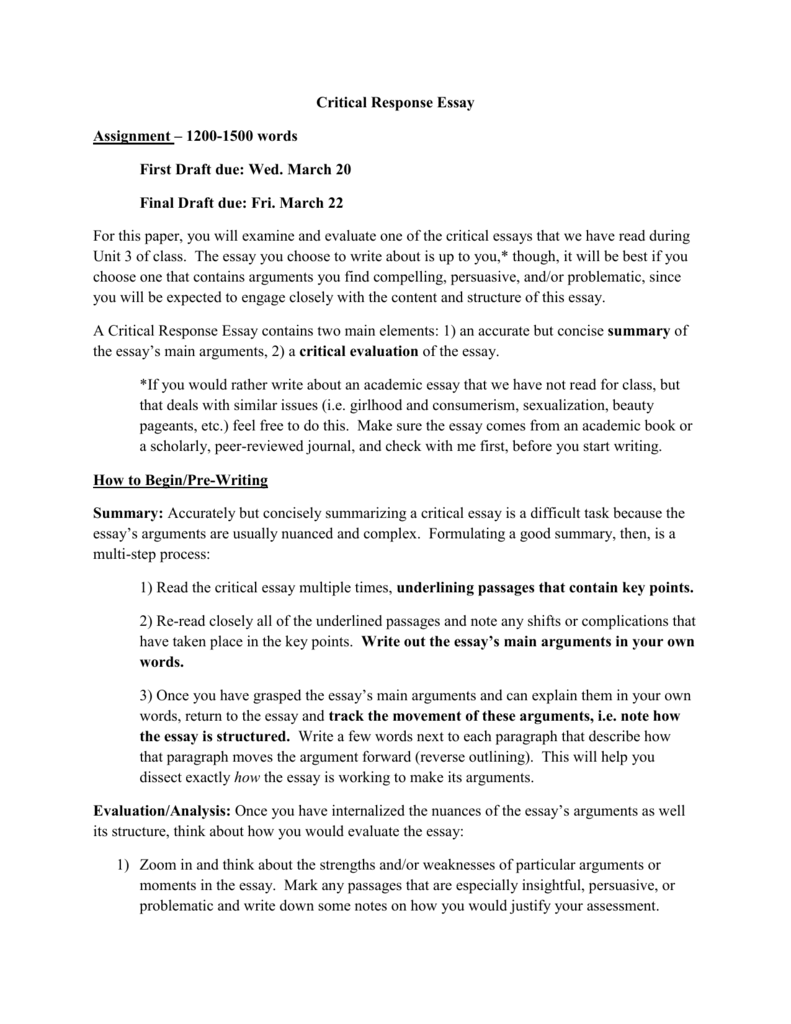
13/3/ · Having a plot outline to refer to can help you get organized for the rough draft. You may use the snowflake method to create the plot outline. In this method, you will write a one line summary of 78%(91) For this paper, you are to write a narrative essay (MLA format). You should have at least 3 paragraphs (introductory paragraph, body paragraph, conclusion paragraph) and or more words. Remember, this is a rough draft. I will be grading for grammar and punctuation errors as well as content and MLA format 19/5/ · A rough draft is a means of getting started on your essay. When you start a rough draft, you are no longer just thinking about writing or planning on writing—you are doing it! Writing your rough draft helps you get your information and thoughts on paper. Once you have your rough draft, you can edit and polish ad nauseum until you have your
Putting Pen to Paper: How to Write a Rough Draft
Last Updated: June 4, References. This article was co-authored by Michelle Golden, PhD. Michelle Golden is an English teacher in Athens, Georgia. She received her MA in Language Arts Teacher Education in and received her PhD in English from Georgia State University in There are 10 references cited in this article, which can be found at the bottom of the page.
This article has been viewedtimes. Writing a rough draft is an essential part of the writing process, an opportunity to get your initial ideas and thoughts down on paper. It can be difficult to dive right into a rough draft of an essay or a creative piece, such as a novel or a short story.
You should start by brainstorming ideas for the draft to get your creative juices flowing and take the time to outline your draft. You will then be better prepared to sit down and write your rough draft. To write a rough draft, don't worry if you make minor mistakes or write sentences that aren't perfect.
You can revise them later! Also, try not to read over what you're writing as you go, which will slow you down and mess up your flow. Instead, focus on getting all of your thoughts and ideas down on paper, even if you're not sure you'll keep them in the final draft. If you get stuck, refer to your outline or sources to help you come up with new ideas. For tips on brainstorming and outlining for a rough draft, read on!
Did this summary help you? Yes No. Log in Social login does not work in incognito and private browsers. Please log in with your username or email to continue. wikiHow Account. No account yet? Create an account.
Community Dashboard Write an Article Request a New Article More Ideas Edit this Article. Courses New Tech Help New Expert Videos About wikiHow Pro Upgrade Sign In. Home Random Browse Articles Courses New About wikiHow Easy Ways to Help Approve Questions Fix Spelling Quiz App More Things to Try We use cookies to make wikiHow great. By using our site, you agree to our cookie policy. Cookie Settings. wikiHow is where trusted research and expert knowledge come together.
Learn why people trust wikiHow. Categories Education and Communications Studying Subjects English Studying Literature Fiction Fiction Writing Writing Novels How to Write a Rough Draft. Download Article Explore this Article parts. Related Articles. Article Summary. Co-authored by Michelle How to write a rough draft for a narrative essay, PhD Last Updated: June 4, References. Part 1 of Do a freewrite about the topic or subject. Get your creative juices flowing by doing a freewrite that focuses on the topic or subject of your paper.
You may use the essay question assigned to you by your teacher as the prompt for the freewrite. Or, you may focus on describing the subject or topic in the freewrite from the perspective of your main character if you are writing a creative piece. Freewrites are a great way to get your brain warmed up and ready to write.
You should then try to not take your pen off the page as you write so you are forced to keep writing about the subject or topic for the set period of time. Often, freewrites are also a good way to generate content that you can use later in your rough draft. You may surprised at what you realize as you write freely about the topic. Make a cluster map about the topic or subject. A cluster map is another good brainstorming tactic as it allows you to identity keywords and phrases that you can then use in your rough draft.
It can also help you to determine where you stand how to write a rough draft for a narrative essay a certain subject or topic, especially if you are writing a persuasive essay or paper. You will then write keywords and thoughts around the center word. Circle the center word and draw lines away from the center to other keywords and ideas. Then, circle each word as you group them around the central word.
Read writing about the topic or subject. If you are writing an academic essay, you will likely need to do some form of research by reading scholarly texts on the topic or subject. Reading these texts could also help you get inspired and prepared for your rough draft. You may also make notes as you read these texts, creating key points and themes how to write a rough draft for a narrative essay you may explore later in your rough draft. If you are writing a creative piece, you may look for texts written about a certain idea or theme that you want to explore in your own writing.
You could look up texts by subject matter and read through several texts to get ideas how to write a rough draft for a narrative essay your story. You might have favorite writers that you how to write a rough draft for a narrative essay to often for inspiration or search for new writers who are doing interesting things with the topic. You can find additional resources and texts online and at your local library.
Speak to the reference librarian at your local library for more information on resources and texts. Part 2 of Make a plot outline. If you are writing a creative piece, such as a novel or a short story, you should sit down and create a plot outline.
This can be a basic outline and does not need to be very detailed. Having a plot outline to refer to can help you get organized for the rough draft.
In this method, you will write a one line summary of your story, followed by a one paragraph summary, and then character synopses. You will also create a spreadsheet of scenes, how to write a rough draft for a narrative essay. Alternatively, you can use a plot diagram. In this method, you will have six sections: the set up, how to write a rough draft for a narrative essay, the inciting incident, the rising action, the climax, the falling action, and the resolution.
No matter which option you chose, you should make sure your outline contains at least the inciting incident, the climax, and the resolution. Having these three elements set in your mind will make writing your rough draft much easier. Try the three act structure. Another option for creative drafts is to use the three act structure. This structure is popular in screenwriting and playwriting, but it can be used for novels and longer stories as well.
The three act structure can also be sketched out quickly and can work as a roadmap for your rough draft. The three act structure is: [4] X Research source Act 1: In Act 1, your protagonist meets the other characters in the story.
The central conflict of the story is also revealed. Your protagonist should also have a specific goal that will cause them to make a decision. For example, in Act 1, you may have your main character get bitten by a vampire after a one night stand. She may then go into hiding once she discovers she has become a vampire. Act 2: In Act 2, you introduce a complication that makes the central conflict even more of an issue.
The complication can also make it more difficult for your protagonist to achieve their goal. For example, in Act 2, you may have your main character realize she has a wedding to go to next week for her best friend, despite the fact she has now become a vampire. The best friend may also call to confirm she is coming, making it more difficult for your protagonist to stay in hiding. Act 3: In Act 3, you present a resolution to the central conflict of the story.
The resolution may have your protagonist achieve their goal or fail to achieve their goal. For example, in Act 3, you may have your protagonist show up to the wedding and try to pretend to not be a vampire. The best friend may then find out and accept your protagonist anyway. You may end your story by having your protagonist bite the groom, turning him into her vampire lover.
Create an essay outline. If you are writing an academic essay or paper, you should create an essay outline, where you have three main sections: an introductory section, a body section, and a concluding section. Though traditionally essays are written in a five paragraph structure, you do not need to have use a paragraph breakdown.
Having three sections will allow you to use as many paragraphs as you need to fill each section. Your outline may look like: [5] X Research source Section 1: Introduction, including a hook opening line, a thesis statementand three main discussion points.
Most academic essays contain at least three key discussion points. Section 2: Body paragraphs, including a discussion of your three main points. You should also have supporting evidence for each main point, from outside sources and your own perspective. Section 3: Conclusion, including a summary of your three main points, a restatement of your thesis, how to write a rough draft for a narrative essay, and concluding statements or thoughts.
Writing a Rough Draft
, time: 1:02
Though we are mostly an How To Write A Rough Draft For A Narrative Essay essay writing service, this still doesn’t mean that we specialize on essays only. Sure, we can write you a top-quality essay, be it admission, persuasive or description one, but if you have a more challenging paper to write /10() 19/5/ · A rough draft is a means of getting started on your essay. When you start a rough draft, you are no longer just thinking about writing or planning on writing—you are doing it! Writing your rough draft helps you get your information and thoughts on paper. Once you have your rough draft, you can edit and polish ad nauseum until you have your For this paper, you are to write a narrative essay (MLA format). You should have at least 3 paragraphs (introductory paragraph, body paragraph, conclusion paragraph) and or more words. Remember, this is a rough draft. I will be grading for grammar and punctuation errors as well as content and MLA format

No comments:
Post a Comment